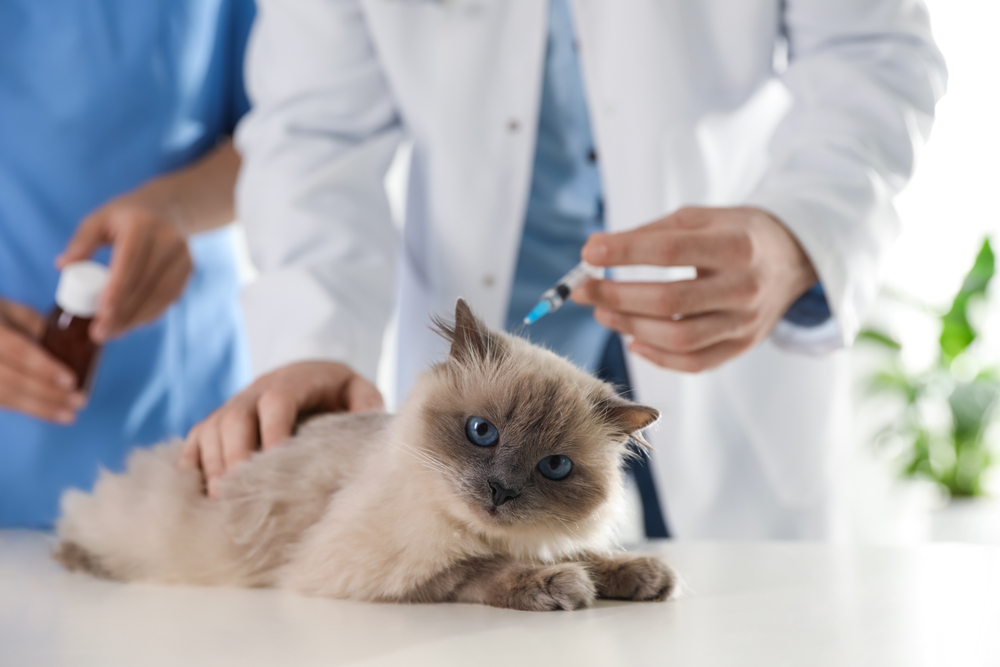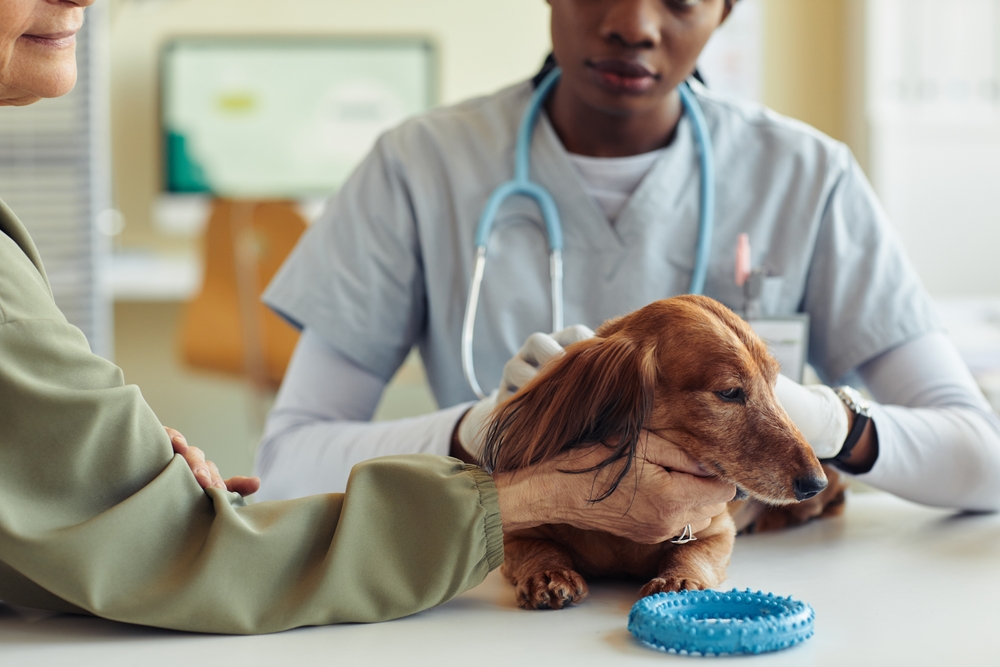At The Gentle Vet in West Caldwell, New Jersey, we know that regular wellness exams are the cornerstone of maintaining your pet’s health and happiness. These check-ups form the foundation of preventive care, ensuring your pet receives the personalized attention they need to thrive. In this blog, we’ll explore why wellness exams are essential—and how they can add years to your pet’s life.
Understanding Wellness Exams for Pets
What Is a Wellness Exam?
A wellness exam is a comprehensive health assessment that evaluates your pet’s overall well-being. These visits are critical for identifying health issues early and preventing potential problems before they become serious.
Why Wellness Exams Matter
- Early Detection: Catching health concerns early greatly increases the likelihood of effective treatment.
- Cost Savings: Preventive care reduces the need for costly emergency treatments and surgeries.
- Ongoing Health Monitoring: Routine exams allow your veterinarian to track your pet’s health over time and spot subtle changes.
Learn more about the Importance of Wellness Exams – AVMA.
Key Elements of a Wellness Exam
Comprehensive Physical Examination
Your veterinarian will carefully examine your pet from nose to tail, checking the eyes, ears, teeth, skin, joints, and body condition. This helps detect dental disease, infections, lumps, and other signs of underlying health issues.
Vaccinations and Preventive Treatments
- Core Vaccines: Protect against diseases like rabies, distemper, and parvovirus.
- Non-Core Vaccines: Tailored to your pet’s lifestyle, such as Lyme disease or Bordetella (kennel cough).
- Parasite Prevention: Guard against fleas, ticks, heartworms, and intestinal parasites.
Discover more about Pet Wellness Exams – AVMA.
Essential Diagnostic Testing
- Blood Work: Assesses organ function and detects hidden conditions such as kidney disease or diabetes.
- Urine and Fecal Tests: Identify urinary tract infections, parasites, or early signs of metabolic disease.
Learn about the Importance of Blood Work for Your Dog – Pet Health Network.
Weight and Nutritional Assessment
- Weight Management: Maintaining a healthy weight helps prevent joint issues, diabetes, and heart disease.
- Dietary Guidance: Based on exam findings, your vet may recommend changes to your pet’s diet or exercise routine.
Age-Specific Wellness Considerations
Puppies and Kittens: Building a Healthy Foundation
- Frequent Exams in the First Year: Ensure proper growth and timely vaccination.
- Early Development Monitoring: Track behavior, socialization, and address initial health concerns.
Adult Pets: Maintaining Peak Health
- Annual Exams: For pets under seven years old, yearly check-ups monitor health and prevent emerging problems.
- Preventive Care: Continued vaccinations, parasite control, and dental cleanings keep adult pets healthy.
Senior Pets: Proactive Aging Care
- Bi-Annual Exams: Pets over seven benefit from exams every six months to catch age-related conditions early.
- Comprehensive Screenings: Frequent evaluations of heart, kidney, and joint health help manage arthritis, organ disease, and other senior concerns.
Learn more about senior pet health at Recognizing Senior Pet Health Problems – AAHA.
The Importance of Diagnostic Tests in Wellness Exams
Why Diagnostic Testing Matters
Diagnostic tests help uncover issues that might not yet show physical symptoms, such as kidney failure, diabetes, or early infections. Regular blood work and screenings are key tools for early intervention.
Key Insights from Blood Work
- Organ Health Monitoring: Track the health of your pet’s liver, kidneys, and thyroid.
- Hidden Condition Detection: Identify infections, hormonal imbalances, and even early-stage cancers.
Risks of Skipping Wellness Exams
Hidden Health Risks
Serious conditions like cancer, kidney disease, and heart issues may remain undetected without routine exams—leading to advanced illness and fewer treatment options later.
Higher Treatment Costs
Treating conditions in advanced stages is often more costly and invasive. Preventive exams save money and protect your pet’s quality of life.
What to Expect During a Wellness Exam
When your pet is sick, there isn’t time to ask all the questions you want. Wellness exams are the perfect time to pick your vet’s brain and develop a health plan together.
Preparing for the Visit: Prepare a list of concerns about your pet’s behavior, diet, or health changes to discuss with your veterinarian.
During the Exam: Your veterinarian will review vital signs, listen to your pet’s heart and lungs, check the coat, teeth, and weight, and administer necessary vaccines and preventive treatments.
After the Exam: You’ll receive a detailed overview of your pet’s health, follow-up care recommendations, and tips for maintaining wellness at home.
Benefits of Regular Wellness Exams
Peace of Mind
Regular exams provide reassurance that your pet is healthy—or allow for early, manageable interventions if issues are detected.
Longer, Healthier Lives
Pets who receive consistent preventive care live longer, healthier lives with fewer serious health challenges.
Prevention Is Better Than Cure
Identifying and managing conditions early makes treatment easier, less invasive, and more successful.

Schedule Your Pet’s Wellness Exam Today
Investing in your pet’s preventive care is one of the best ways to ensure they enjoy a long, healthy, and happy life.
Ready to prioritize your pet’s wellness?
Request an Appointment today.








Leave A Comment